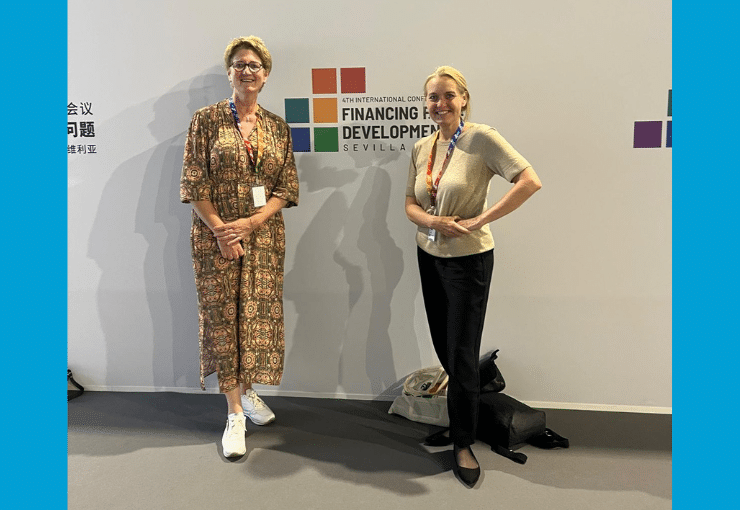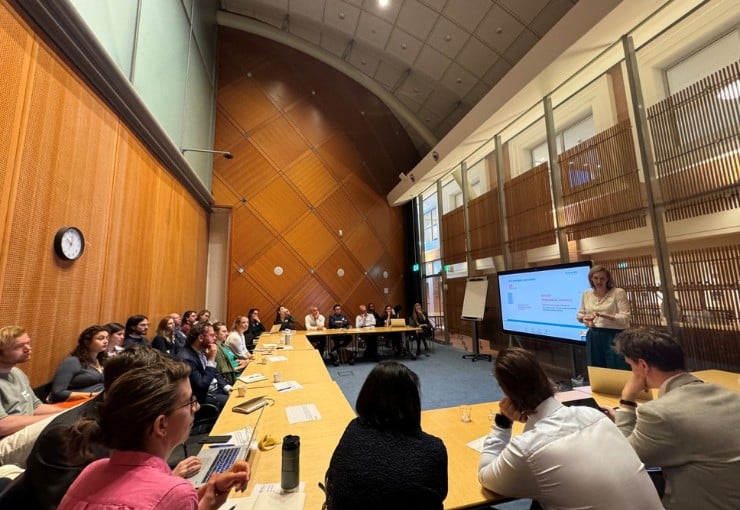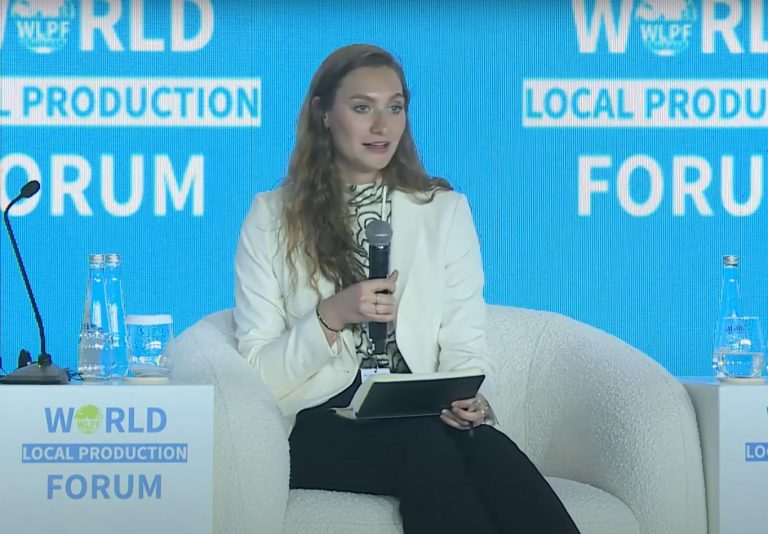According to Wemos, the latest draft of the Pandemic Accord published in April 2024, could provide a solid basis for further discussions and agreements towards an equitable and effective approach to pandemics. The provisions to improve access to medicines could and should be stronger and the current draft lacks financial commitments to be able to implement the accord. During the final negotiations, member states of the World Health Organization (WHO) must maintain progress on equity. Read our full analysis of the latest Pandemic Accord draft below.
Wemos has been following the negotiations towards a new Pandemic Accord since its announcement at the special session of the World Health Assembly (WHA) in 2021 and we published our first assessment of the conceptual zero-draft at the end of 2022. We were cautiously optimistic at the time, but still identified many caveats and issues that needed to be addressed. Fast forward to April 2024 and we received the near-final text ahead of the last round of negotiations.
These are our conclusions:
- The draft text contains positive principles and provisions related to access to medicines, but we are concerned about the transfer of technology and know-how remaining in the hands of intellectual property (IP) holders when relying on voluntary agreements. There is a need for stronger, binding provisions to ensure equitable access and benefit-sharing, particularly for pandemic-related products.
- While the text has good provisions on human resources for health and acknowledges the need for a strong health workforce, it falls short on addressing global workforce disparities and shared responsibility for development, neglecting previous commitments to gender equality within the health sector.
- The financing aspect of the Pandemic Accord lacks concrete financial commitments, and the proposed ‘coordinating financial mechanism’ does not provide sorely needed additional financing for countries to meet their obligations under the accord.
Access to medicines
As mentioned in our previous statements, we welcome the inclusion of some positive access to medicines principles and provisions, such as:
- a global commitment to achieve equitable geographical distribution and scaling-up of the distribution (Article 10);
- a global commitment to an increasing sustainable, timely, fair and equitable access to pandemic health-related products (Article 10);
- promotion of timely and equitable access to pandemic-related products that were developed with government funding (Article 10);
- an inclusive, transparent, effective and efficient monitoring and evaluation system for pandemic prevention, preparedness and response (Article 6).
However, we still deplore that the needed transfer of technology and know-how remains in the hands of the IP holders and recipients via voluntary agreements and ‘mutually agreed terms’. When voluntary agreements are not available or adequate, compulsory measures may be necessary to achieve sufficient supply of and access to products and technologies in emergencies.
To ensure equitable access and equal footing between high-income countries and low- and middle-income countries, the intentions from the accord need to be translated into reality and strengthened with more binding provisions – beyond ‘encouraging’ member states to ‘take necessary steps’ and referring to national laws – in order to be fully effective and implemented by the 194 WHO member states.
The commitment to access and benefit-sharing, through the establishment of the WHO Pathogen Access and Benefit-Sharing System (WHO PABS System) requires a bolder provision. It should go beyond the currently stated minimum of 20% of pandemic-related products that manufacturers must allocate to WHO for distribution based on need. This would ensure only partial access and not enforce production by local and regional manufacturers in low- and middle-income countries. As constantly requested by Southern countries, further steps need to be taken – by a firm commitment to the sharing of IP, technology and know-how, including trade secrets.
Health workforce
A skilled and competent health and care workforce is recognized as crucial in the proposed negotiating text. Article 7 on health workforce contains several good provisions and there are improvements compared to the draft text released in March 2024, particularly on building and strengthening resilient health systems with skilled and trained healthcare workers that are protected. However, previous versions of the text included the need to tackle gender disparities and inequalities in the health workforce, but this has largely disappeared in the new text. There is a clause elsewhere in the accord on elimination of discrimination against women, but it is not specific in addressing the health workforce issues.
In addition, the text could be more explicit in terms of expectations of the member states to comply with pre-existing norms and agreements, such as the Health workforce requirements for universal health coverage and the Sustainable Development Goals, the Global health and care worker compact, the Working for Health Action Plan and the WHO Global Code of Practice on the International Recruitment of Health Personnel.
While the text acknowledges the importance of a strong health workforce, it needs to go further and recognize the uneven distribution of health workers across regions and the globe. This disparity leads to avoidable inequalities in pandemic prevention, preparedness and response. Investing in national health workforces should be recognized as a shared responsibility, with a significant role for development partners (donors) beyond mere voluntary support. From this perspective, article 7 falls short of what is needed.
Financing
Financing is crucial for the Pandemic Accord because it provides countries (especially low- and middle-income nations) with the necessary resources and funding to implement the agreed-upon measures, strategies, and initiatives aimed at preventing, preparing for, and responding to future pandemics on a global scale. Where the zero-draft still called for countries to contribute a percentage of their GDP to pandemic prevention, preparedness and response and health systems strengthening activities, the most recent draft does not mention any sort of concrete financial commitment or contribution. The reference to a pooled fund (present in the last draft) also disappeared.
Additionally, where previous versions of the text at least made reference to issues such as debt struggles and decreasing fiscal space in many countries, this reference now only returns in the form of ‘financial reprogramming plans for pandemic PPR especially for developing country Parties experiencing fiscal constraint’. A much weaker, vaguer turn of phrase of which it is not clear what this will mean in practice.
The only concrete outcome of the financing paragraph seems to be the establishment of the ‘coordinating financial mechanism’ which itself will be further refined in the 12 months following adoption of the accord. As the name implies, its main purpose is coordination of existing entities and leveraging ‘voluntary monetary contributions’. There is no mention of sorely needed new additional financing for countries to be able to meet their obligations under the accord.
Unfortunately, with regard to financing there is little in the proposed draft to help or reassure low- and middle-income countries that there will be additional financing or measures to help them expand domestic fiscal space to carry out their obligations under the accord.
Conclusion
As the final round of negotiations moves forward, we hope that progress can be made on some of the issues mentioned above. The most important is that at the end of the road the process results in a Pandemic Accord that delivers improvement on equity when compared with the status quo and does not only impose obligations and burdens particularly on low- and middle-income countries without concrete commitments to equity. Until the final negotiations conclude, we will not know whether that is the case or not. If that happens, it could provide a solid basis for further discussions and agreements and it will help to build a safer world, capable of coping with future pandemics and providing faster and fairer access to medical products.




